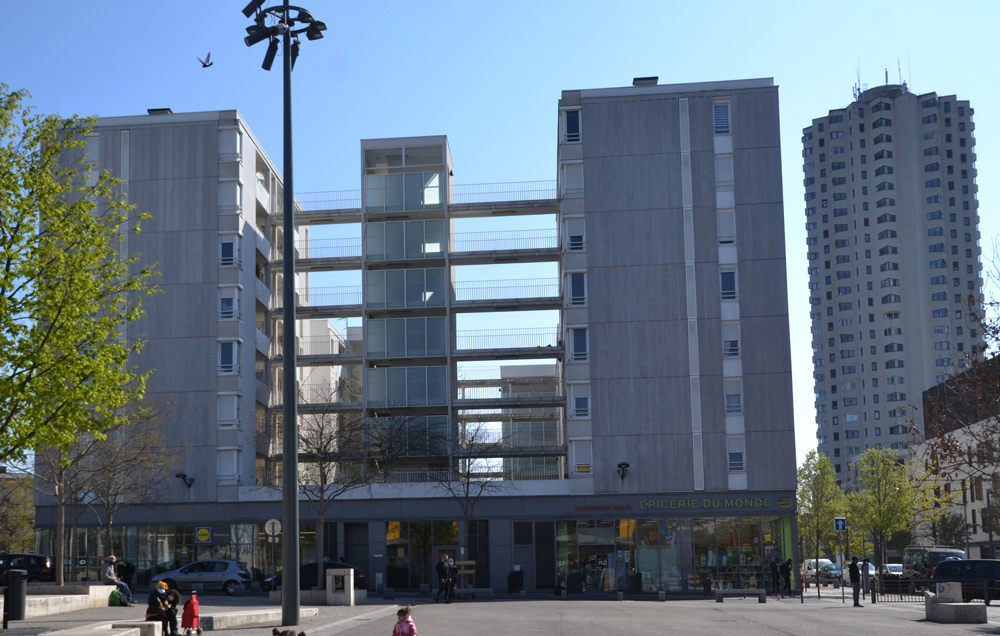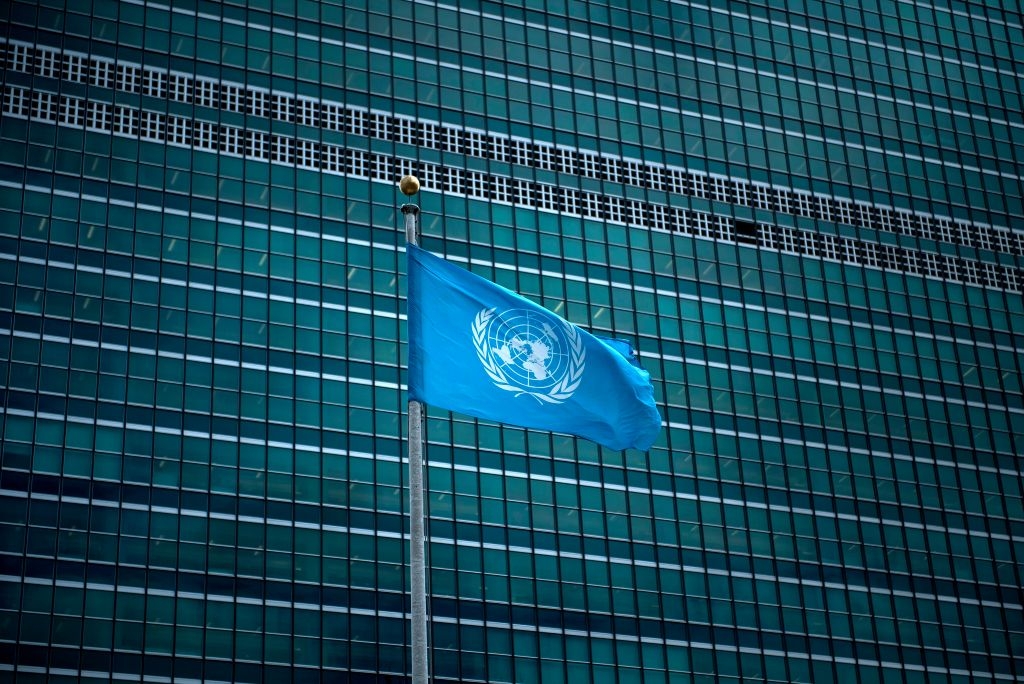In this mailing:
- Guy Millière: France: Dangerous for Jews
- Amir Taheri: A War That Could Change the World
by Guy Millière • June 19, 2022 at 5:00 am
[T]he attitude of the French judiciary to [Hadjadj's] murder is similar to how it has regarded all murders of Jews in France, for decades. First, the authorities always say, as quickly as possible, that the murder of the Jew was not at all motivated by antisemitism. When evidence to the contrary accumulates and becomes impossible to deny, the antisemitic motive may reluctantly be recognized -- as with the abduction, torture and murder of Ilan Halimi in 2006; the murder of Sarah Halimi in 2017; and the murder of Mireille Knoll in 2018. That the murderers are generally Muslim further encourages the French judiciary not to speak of antisemitism. In fact, it is almost taboo to speak of any Muslim antisemitism in France: Muslim antisemitism is supposed not to exist. All organizations dedicated to fighting antisemitism target only the "far-right." The French authorities and mainstream media describe crime, but do not explain it -- meaning that crime is rising but not being fought. The French government has declined to document the religion or race of people charged with crimes. Although the refusal may be well-intentioned, it prevents any understanding of what is taking place and consequently any the means of addressing or preventing it.

The attitude of the French judiciary to 89-year-old René Hadjadj's murder is similar to how it has regarded all murders of Jews in France, for decades. First, the authorities always say, as quickly as possible, that the murder of the Jew was not at all motivated by antisemitism. When evidence to the contrary accumulates and becomes impossible to deny, the antisemitic motive may reluctantly be recognized. Pictured: The La Duchère district of Lyon, France, where Hadjadj was murdered on May 17. (Image source: Jeanne Menjoulet/Flickr)
Lyon, France. May 17, 2022. A district called La Duchère. René Hadjadj, an 89-year-old Jew, was thrown off a 17th floor balcony -- an act quickly revealed as a murder. The murderer was Rachid Kheniche, a 51-year-old Muslim Arab, with a Twitter account containing many antisemitic messages. The public prosecutor, who has since partially reconsidered his position, immediately declared that the murder was not an antisemitic crime. The mainstream media never reported the murder; only local Jewish newspapers did. Hadjadj's family, who live in the same neighborhood, said they preferred to remain silent.
Continue Reading Article
by Amir Taheri • June 19, 2022 at 4:00 am
Shaped over the past seven decades, that is to say after the Second World War, what is known as the international order has been based on three principles which, although not always observed, have helped keep the edifice intact. The first principle was what is known as international law, built around the United Nations Charter and over 10,000 international treaties and protocols endorsed by a majority of the existing 193 states. The invasion of Ukraine has violated that principle in a dramatic way. Because the aggressor is a veto-holding member of the UN Security Council, the issue cannot even be handled even formally by the United Nations. The second principle was consensus in favor of free trade, subject to bilateral and/or international accords. It took decades of negotiations at various levels for the General Agreement on Tariffs and Trade (GATT) to morph into the World Trade Organization. With the advent of globalization, support for the free flow of goods and capital, and in some cases labor, cut across ideological divides among the larger nation-states. That principle, too, has been violated.... Suddenly a global economic system [protecting capital] that worked like a clock is hit with numerous hitches. As you can see, we have more problems than not trying to humiliate Tsar Vladimir.

Shaped over the past seven decades, that is to say after the Second World War, what is known as the international order has been based on three principles which, although not always observed, have helped keep the edifice intact. Pictured: United Nations headquarters in New York. (Photo by Brendan Smialowski/AFP via Getty Images)
Is the war in Ukraine no more than a patch of cloud in an otherwise bright sky? This seems to be the Panglossian opinion of some elites in Western democracies who, like French President Emmanuel Macron, are anxious not to humiliate Russian President Vladimir Putin over a mere peccadillo. However, fact is that Putin's war has shaken the global system in ways that might affect us all for a long time to come. Shaped over the past seven decades, that is to say after the Second World War, what is known as the international order has been based on three principles which, although not always observed, have helped keep the edifice intact.
Continue Reading Article
|
|
|
|



